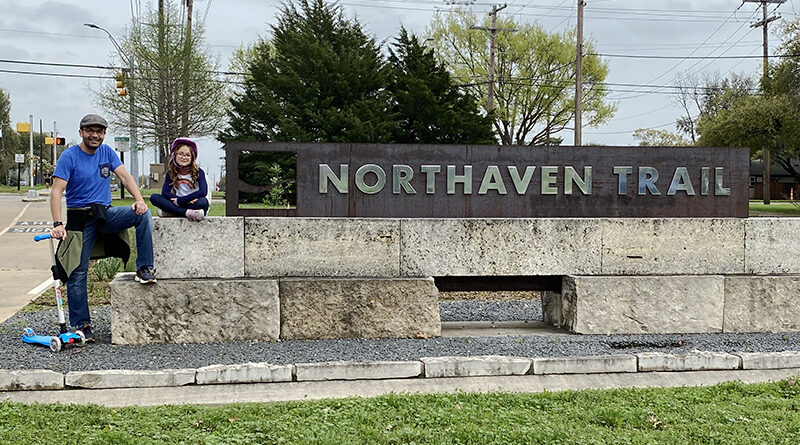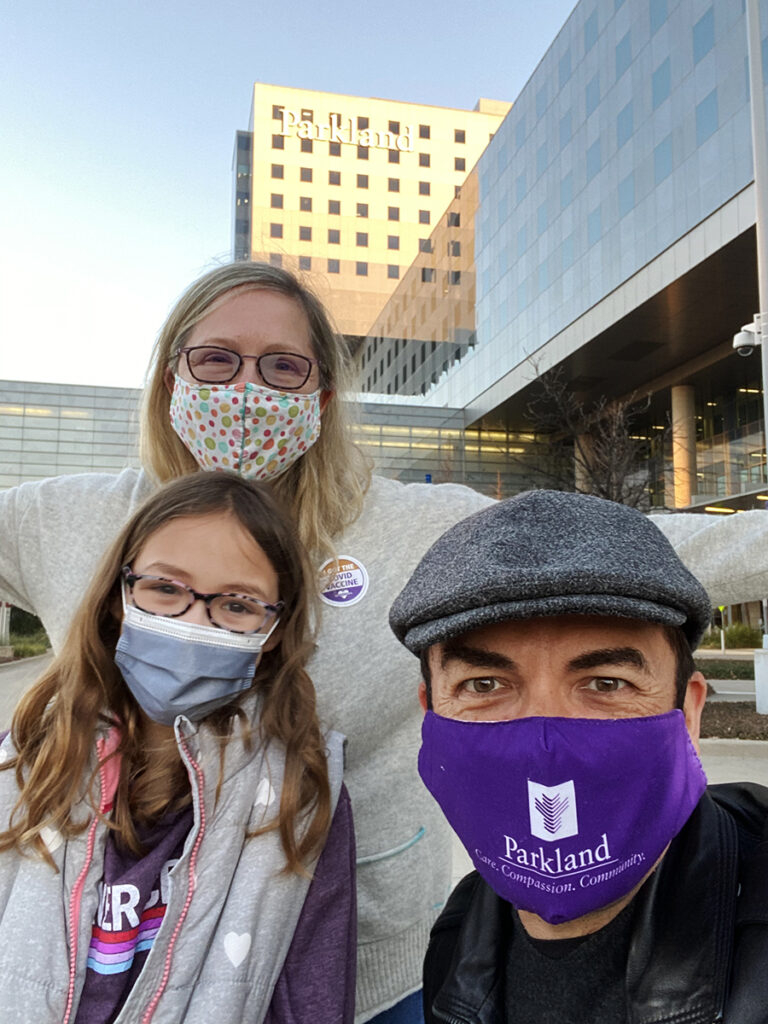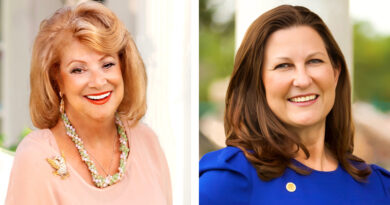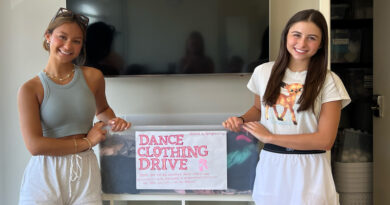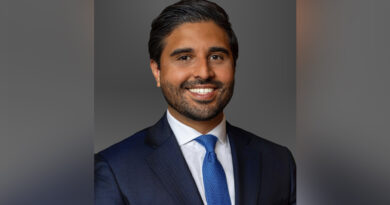CEO’S COVID To Do List: Data Collection, Work/Life Balance
Many families balanced work with teaching their children at home when the COVID-19 pandemic caused schools and businesses to shutter in March of 2020.
Parkland Center for Clinical Innovation (PCCI) CEO Steve Miff did it while helping to lead coronavirus data collection efforts for Dallas County.
PCCI, a nonprofit healthcare analytics organization, uses technology, data science, and medical expertise to study behaviors and other social determinants to provide insight into how healthcare providers can better treat patients.
PCCI has been lauded for the depth and breadth of information shared with the public, in partnership with Dallas County, about COVID-19 hot spots, vaccination rates, and similar topics.
“We’ve learned that actually the power of the data and the granularity of the data that we’ve been blessed to have here is unique,” said Miff, extending kudos to Dr. Philip Huang and the Dallas County Health and Human Services for making it possible.
“While most (parts of the country) are working at the ZIP code level or the county level for information, we’re doing it on an individual level,” Miff said. “It gave us an opportunity to be so much more targeted on how we ensure that the services are done in an equitable way.”
When not working, like many families, Miff’s has navigated the challenges of virtual learning and educating a child at home. He said that “gave us a whole new appreciation for our teachers and what they do day in and day out.”
Working from home posed its own set of challenges.
“I think there’s this misconception that (working) from home, you have more time,” Miff said. “I think you end up working more. It’s a lot harder to separate the work from home because you’re not physically necessarily moving, so what we try to do is create physical spaces in the house where it’s work versus the rest of the house.”
When not working or doing school assignments, he and his family try to keep active. He enjoys biking, his Peloton, and family walks around the neighborhood.
“When you have to go to work, inevitably, you have to get up, you have to move, or you have to walk,” he said. “Well, now you can’t have that, so being much more thoughtful and planning for physical activity – that’s been something that I’ve appreciated.”
He described his 9-year-old daughter completing her vaccine regimen in early December as a relief.
“It was special for us, but it was even more special for her,” he said. “She felt so excited, and I would use the word ‘liberated.’”

